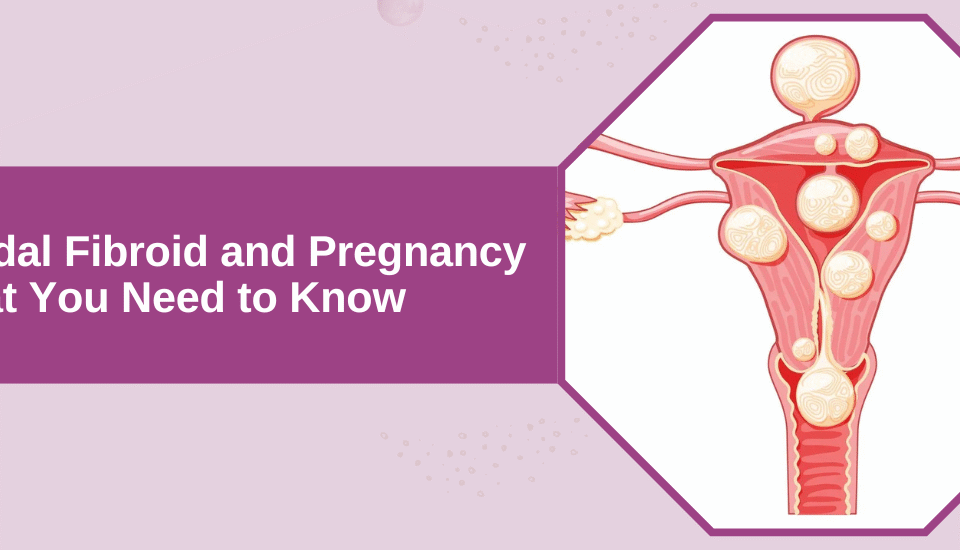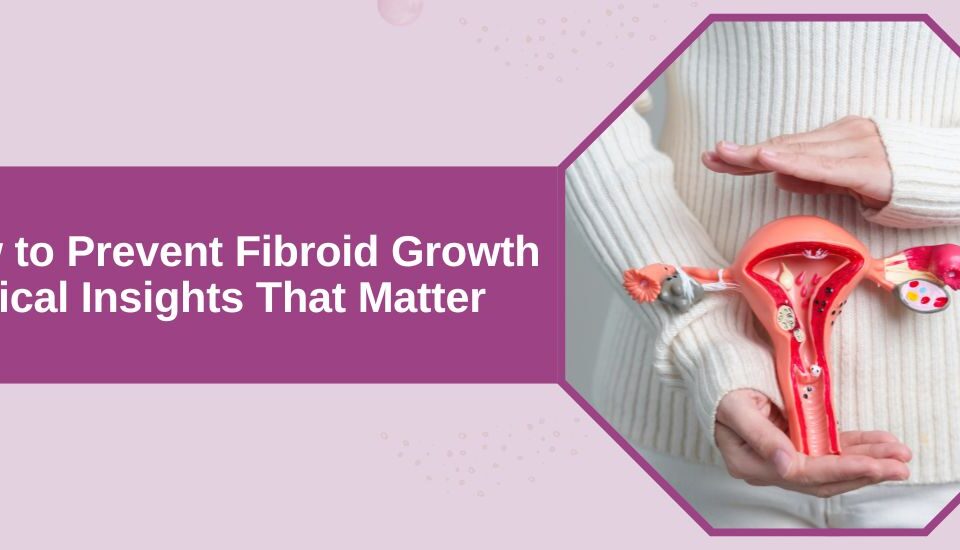- Have any questions?
- +91-98717 17305
- babiesandus12@gmail.com
Focus on Pre-pregnancy Counselling for a Healthy Pregnancy and Baby

Why Losing Weight With PCOS So Difficult?
June 7, 2022
Myths And Facts About Fertility
July 6, 2022Is thought of becoming a parent at the helm of your mind day in and day out? You may have a number of concerns about getting pregnant and bearing a child, especially if there are anomalies in your and your family’s history. It is only wise to visit your gynecologist and have an indepth conversation about the possibilities. It is commonly trending as pre-pregnancy councelling.
“Pre-pregnancy counselling, also known as preconception counselling, is designed to help individuals and couples prepare for pregnancy emotionally and physically. It typically involves a series of discussions and evaluations with your gynecologist.” Says Dr. Hrishikesh Pai, a gynecologist and IVF specialist par excellence.
“These discussions are to assess and to identify and address any potential risks or issues that may affect their ability to have a healthy pregnancy and baby.” He continuous.

What to expect during a Pre-pregnancy check-up?
During pre-pregnancy counselling, your doctor may discuss topics such as family medical history, lifestyle habits (such as diet, exercise, and substance use), fertility, birth control, and genetic testing. Your doctor may also provide information on how to optimize health before pregnancy, including recommendations on nutrition, exercise, and any necessary medical care or screenings.
What is the importance of preconception counselling and who should go for it?
Pre-pregnancy counselling can be especially helpful for individuals or couples who are at higher risk of pregnancy complications, such as those with certain medical conditions (such as diabetes or epilepsy), or those who have had previous pregnancy complications. It can also be beneficial for individuals or couples who are planning to become pregnant and want to ensure that they are as healthy as possible before conceiving.
What does pre-pregnancy counselling include?
Below we have simplified pre-pregnancy counselling point-wise:
- Review of medical history
- Assessment of lifestyle habits
- Evaluation of fertility
- Genetic testing
- Medical care and screenings
- Discussion of birth control options
- Pregnancy planning
Please read on to know more in details.
- Review of medical testing: During the review of medical history in pre-pregnancy counselling, a healthcare provider will ask about the individual’s or couple’s past medical history, including any previous pregnancies, surgeries, and chronic conditions. This information can help the provider identify any potential risks or issues that may affect the pregnancy.
“This is the most crucial stage of pre-pregnancy counselling. Everything that you hide and reveal will determine the coarse and success of the process. Be genuine, and completely open about the minutest of things. Something you may find irrelevant maybe of utmost importance. So no information is too much information, in this process atleast.” Says Dr. Hrishikesh Pai, a pioneer in IVF treatments.
Your healthcare provider may also ask about the medical history of the individual’s or couple’s family members, as certain medical conditions can be inherited. For example, a family history of genetic disorders or certain medical conditions (such as diabetes or epilepsy) may increase the risk of pregnancy complications.
The review of medical history may also include a discussion of the individual’s or couple’s current medications and any allergies they may have. Some medications and substances can be harmful to a developing foetus, and it may be necessary to adjust or discontinue them before pregnancy.
Overall, the review of medical history has utmost importance in pre-conception counselling as it can help identify any potential risks or issues that may affect the pregnancy and allow the healthcare provider to provide appropriate recommendations and care.

- Assessment of lifestyle: During the assessment of lifestyle habits in pre-pregnancy counselling, a healthcare provider will ask about the individual’s or couple’s current habits and behaviours that may affect their health and the health of a potential pregnancy.
“This is the stage where most couples are in denial, or are only partially agreeable. After all, no person who is capable of taking 15 tequila shots going to admit to it. But we as doctors know better.” says, Dr. Pai.
This may include questions about:
- Diet: The healthcare provider may ask about your current eating habits, including their intake of fruits, vegetables, and other nutrients that are important for pregnancy. They may also discuss any diet-related concerns, such as a lack of certain nutrients or a need to lose or gain weight.
- Exercise: Your doctor will discuss your current level of physical activity and any specific exercise concerns. Regular exercise can help improve overall health and fertility, and the provider may provide recommendations on how to optimize physical activity before pregnancy.
- Substance use: Your healthcare provider will ask about your use of tobacco, alcohol, and any recreational drugs. Substance use can have negative effects on fertility and pregnancy outcomes, and the provider may discuss strategies for quitting or reducing use before pregnancy.
- Stress: Your doctor provider may discuss your current stress levels and any stress management strategies they may have in place. Chronic stress can affect fertility and pregnancy outcomes, and the provider may suggest ways to manage stress before pregnancy.
Assessing lifestyle habits is an important part of pre-pregnancy counselling as it allows the healthcare provider to identify any potential risks or issues that may affect the pregnancy and provide recommendations on how to optimize health before conceiving.
Tests performed during preconception counselling:
- Fertility evaluation: Your Doctor may discuss fertility and how to increase the chances of pregnancy. This may include discussing age-related fertility changes, as well as any specific fertility issues that may need to be addressed.
Your Gynaecologist may ask about your menstrual cycle and any previous attempts at pregnancy. They may also discuss factors that can affect fertility, such as sexually transmitted infections, hormonal imbalances, and certain medical conditions.
Your doctor may recommend fertility testing for you and your partner to assess the fertility and identify any potential issues that may need to be addressed. This may include blood tests to check hormone levels, a semen analysis for the male partner, and/or other diagnostic tests.
Overall, fertility evaluation is an important part of pre-pregnancy counselling as it can help identify any potential fertility issues and allow the healthcare provider to provide appropriate recommendations and care.

- Genetic testing: Your doctor may recommend genetic testing for you and your partner, if required, to assess their risk of having a child with a genetic disorder. This may include blood tests, chromosomal tests, or carrier screening.
There are several different types of genetic tests that may be recommended during pre-pregnancy counselling, including:
- Blood tests: Blood tests can be used to check for certain genetic conditions or to identify genetic markers for certain conditions. These tests can be used to assess the risk of conditions such as sickle cell anaemia, cystic fibrosis, and Tay-Sachs disease.
- Chromosomal tests: Chromosomal tests can be used to check for chromosomal abnormalities, such as Down syndrome. These tests may be recommended for individuals or couples who are at higher risk of having a child with a chromosomal abnormality, such as those who are older or have had a previous child with a chromosomal abnormality.
- Carrier screening: Carrier screening is a blood test that can be used to identify individuals who are carriers of certain genetic conditions, meaning that they carry a gene for a particular condition but do not have the condition themselves. Carrier screening can be used to assess the risk of conditions such as thalassemia and sickle cell disease.
Genetic testing is optional and is typically recommended based on the individual’s or couple’s personal and family medical history, as well as their racial or ethnic background. Your healthcare provider can discuss the potential benefits and limitations of genetic testing and help you make an informed decision about whether to undergo testing.
- Screening for sexually transmitted infections (STIs): STIs can affect fertility and increase the risk of pregnancy complications. Your healthcare provider may recommend screening for STIs for you and your partner and provide treatment if necessary.

- Medical care and screenings: Your Doctor provider may recommend any necessary medical care or screenings before pregnancy to optimize health and address any potential risks or issues. This may include vaccinations, screenings and treatment for any underlying medical conditions. Medical care and screenings are an important part of pre-pregnancy counselling as they can help optimize the individual’s or couple’s health before pregnancy and address any potential risks or issues.
During pre-pregnancy counselling, your gynecologist may recommend the following types of medical care:
- Vaccinations: Certain vaccinations can help protect against infections that can harm a developing foetus. The healthcare provider may recommend vaccinations for the individual or couple, including the flu shot, measles-mumps-rubella (MMR) vaccine, and chickenpox vaccine.
- Treatment for underlying medical conditions: If either you or your partner has any underlying medical conditions, your healthcare provider may recommend treatment or management of these conditions before pregnancy. For example, if the individual has diabetes, the provider may recommend adjustments to their insulin regimen to optimize blood sugar control before pregnancy.
“Overall, medical care and screenings are an important part of pre-pregnancy counselling as they can help optimize health and address any potential risks or issues before pregnancy. It is important for the individual or couple to follow the healthcare provider’s recommendations and seek medical care as needed.”, according to Dr Hrishikesh Pai.

- Birth control: If you as an individual or couple are not yet ready to become pregnant, your healthcare provider may discuss options for birth control to prevent unintended pregnancy. Birth control is a method of preventing unintended pregnancy. It may be discussed during pre-pregnancy counselling if the individual or couple is not yet ready to become pregnant.
There are several different types of birth control methods available, including:
- Hormonal methods: Hormonal birth control methods use hormones to prevent pregnancy. These methods include the pill, patch, ring, and injectable contraception. Hormonal methods are highly effective at preventing pregnancy, but they may have side effects and may not be suitable for everyone.
- Barrier methods: Barrier methods physically block sperm from entering the uterus. These methods include condoms, diaphragms, and cervical caps. Barrier methods are generally less effective at preventing pregnancy than hormonal methods, but they may be a good option for individuals who cannot use hormonal methods or who want to use a method that does not involve hormones.
- Intrauterine devices (IUDs): IUDs are small, T-shaped devices that are inserted into the uterus to prevent pregnancy. There are two types of IUDs available: hormonal IUDs and copper IUDs. IUDs are highly effective at preventing pregnancy and can be left in place for several years.
- Permanent sterilization: Permanent sterilization is a surgical procedure that is used to permanently prevent pregnancy. There are two types of permanent sterilization available: tubal ligation for women and vasectomy for men. Permanent sterilization is generally considered a permanent form of birth control and is not reversible.
During pre-pregnancy counselling, the healthcare provider can discuss the various birth control options available and help you choose a method that is suitable for your needs and preferences. It is important to use an effective method of birth control until the individual or couple is ready to become pregnant.
- Pregnancy planning: Your healthcare provider may discuss your plans for pregnancy, including timing, family size, and childbirth options. Your doctor may also provide information on prenatal care and what to expect during pregnancy.
Prenatal care is the medical care that a woman receives during pregnancy. It is designed to monitor the health of the woman and the developing foetus, and to identify and address any potential risks or issues that may affect the pregnancy.
During pre-pregnancy counselling, your healthcare provider may discuss prenatal care and what to expect during pregnancy. Here are some key points to consider:
- Regular check-ups: Prenatal care typically involves regular check-ups with a healthcare provider. These check-ups may include physical exams, blood and urine tests, and foetal monitoring. The frequency and type of check-ups may vary depending on your individual needs and the stage of pregnancy.
- Nutrition: Good nutrition is important for the health of the woman and the developing foetus. Your healthcare provider may provide recommendations on a healthy pregnancy diet, including the types and amounts of foods to eat, as well as any supplements that may be necessary.
- Exercise: Regular physical activity can help improve overall health during pregnancy and may also help reduce the risk of certain pregnancy complications. Your healthcare provider may provide guidance on safe forms of exercise during pregnancy.
- Pregnancy complications: Pregnancy complications can occur, but they are generally rare. Your healthcare provider will monitor your health and the health of the foetus during pregnancy to identify and address any potential complications as early as possible.
- Childbirth options: Your healthcare provider may discuss the various childbirth options available to the woman, including vaginal delivery, caesarean delivery (C-section), and assisted delivery methods. Your preferences and medical history will be taken into consideration when making a recommendation on the best childbirth option.
“Overall, prenatal care is an important part of a healthy pregnancy. It is important for the woman to follow the healthcare provider’s recommendations and seek medical care as needed throughout the pregnancy.” says Dr. Pai.
Pre-pregnancy counselling can be an important step in preparing for a healthy pregnancy and baby. It is recommended that individuals or couples planning to become pregnant discuss their plans with a healthcare provider to ensure that they are as healthy as possible before conceiving.



